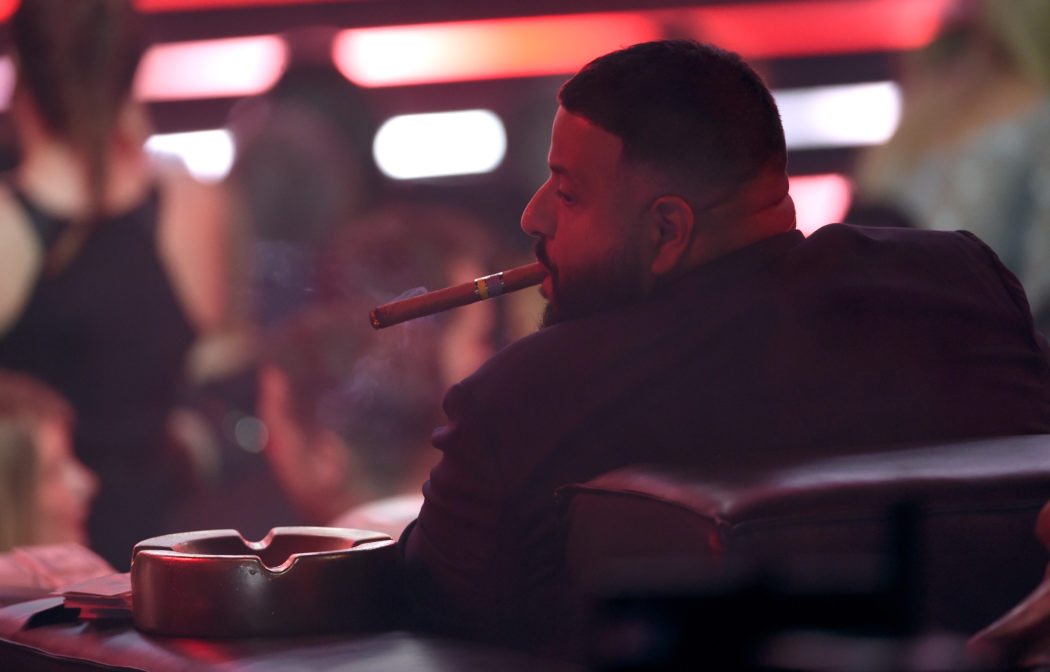COLUMN: Rap — Drugs, Money, and the American Dream
Editor’s Note: To submit a response to this column, or submit a letter to the editor on a new topic, email your submission to opinion@usustatesman.com
By Kristian Fors
In recent years, the hip hop and rap genre of music has seen an explosion in popularity. According to Nielsen Music, R&B and hip hop was 25.1% of the music consumed in 2017. It is undeniable that rap is having a strong influence on our culture and society. There are both negative and positive effects that result from this genre.
Rap is often the subject of much controversy and criticism for the messages that it relays. It is important to note that the messages in rap are not entirely negative. Rap appears to be one of few outlets that vehemently encourages the American dream. Rap music speaks to the people by honoring individual sacrifice, hard work, hustle, and ambition. For example, there’s a reason that Started from the Bottom by Drake was so popular with over 394 million views on YouTube. To refresh memory, the song emphasizes Drake’s personal struggles that he has overcome in order to reach success in life. The idea of the American dream is particularly important for low income communities that a lot of rappers were raised in. By encouraging members of these communities to change their circumstances, rap has the potential to prove an essential facilitator of poverty alleviation. Additionally, because a lot of rappers come from these areas, rap can provide the average American with a much wider perspective. By sharing their stories, rappers can improve the understanding between different socio-economic classes; and that understanding is the first step to creating widespread reform.
On the other hand, a lot of the content within rap is morally reprehensible. A large percentage of rap encourages drug abuse, promotes violence, degrades women, and demonstrates an overall hedonistic lifestyle. According to a study funded by the National Institute of Alcohol Abuse and Alcoholism, listening to rap music was significantly correlated with problematic alcohol use, illicit drug use, and aggressive behavior. This information is troubling considering that a lot of rappers have large adolescent followings. In a time of identity development, rap music may prove detrimental to a child’s future because of the behavior it promotes. Are emerging young rappers, like Lil Pump who demonstrate impulsive and destructive behavior, good role models?
Rap is not perfect, but it certainly has the potential to do a lot of good. The main issue we need to concern ourselves with is ensuring that the good attributes of rap are the ones rubbing off on society rather than the negative ones. It’d be great if society and adolescents developed the work ethic embodied in rap, but not so much if they developed the hedonistic lifestyle that the genre demonstrates. Oftentimes, the vices in rap even prove counterproductive towards the goal of success. The two should not be conflated. Rap promotes a viewpoint that takes the primal traits of traditionally masculine traits to the very extreme. Perhaps if this idea of masculinity can be integrated into society in a responsible manner, it will solve the underlying issue in a way that proves more beneficial to future generations.
“Kristian R. Fors is a student at Utah State University majoring in Finance and Economics and is an opinion columnist for the Utah Statesman. He can be reached at krfors@gmail.com.”

